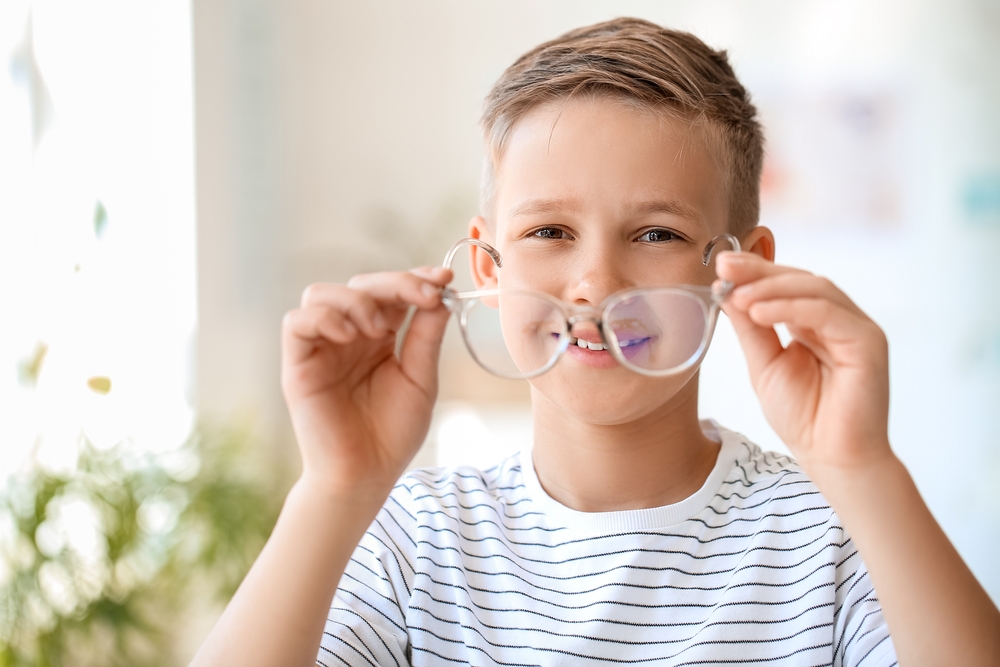
The National Institutes for Health encourages parents to have their kids screened for myopia. This eye condition occurs when the cornea is extremely curved or the eye is longer from the front area to the back. Many children develop myopia at an early age. Knowing how your child can cope may help your child function better despite the eye condition. Here are four tips for managing myopia in kids.
1. Spend More Time Outside
Exposure to sunlight can help manage myopia symptoms. Encourage your child to spend more time outdoors. Studies show that this important lifestyle change can slow down the progress of your child’s myopia by about 50 percent. Up-close activities indoors deprive kids of natural light. The dopamine production in their brains decreases. This results in the elongation of the eye and severe myopia.
Research reveals that spending 40 minutes more outdoors every day can lower a child’s risk of myopia. The child must spend at least one to three hours outside can help protect your child’s eyesight. You can encourage your child to play outside or do some gardening by example.
2. Apply Atropine Drops
Your eye doctor can prescribe atropine eye drops to children. Giving your child small amounts of atropine for two to three years can slow down the elongation of your child’s eyes. Your eye doctor can give low-dose atropine to kids five to 18 years of age. You can give these drops to your child’s eyes before bedtime. Common atropine side effects are eye itchiness and redness.
3. Choose the Right Corrective Eyeglasses
Your eye doctor can recommend the right eyewear to help with your child’s myopia. There are specific eyeglasses that can help correct your child’s vision. Teaching your child how to care for these specialized eyeglasses can make the treatment easier and more effective. Special myopia eyeglasses like soft multifocal lenses and ortho-k lenses can redirect light. These glasses are for parents who do not want anything pharmaceutical in contact with their children’s bodies. Getting straps for these glasses can prevent your child from losing or dropping them.
4. Consider Specialized Contact Lenses
If your child does not like to wear eyeglasses, consider contact lenses. These corrective lenses can help your child during specific activities, such as sports. Teaching your child how to maintain contact lens care can prevent serious eye infections. Backup eyeglasses are ideal if your child starts to develop redness or eye pain from wearing the contacts.
Orthokeratology contact lenses are contacts that your child must wear overnight. These contacts can reshape your child’s cornea while sleeping. The next day, your child can remove them and experience clear vision without wearing corrective glasses or lenses. Ortho-k lenses can correct vision for only a short period. Stopping the treatment will make your child’s cornea return to its original shape. Even so, these lenses may reduce the progression of your child’s myopia.
Managing your child’s myopia as early as possible is important in improving their eye health. At Hunter Family Vision, we encourage parents to be hands-on in maintaining their children’s healthy eyesight. Feel free to visit our clinics in Leawood and Prairie Village, Kansas, for an in-person consultation. Call us at 913-681-8555 (Leawood) or 913-381-2323 (Prairie Village) to set an appointment or ask about our myopia management packages. Dial 913-204-0239 for your urgent care needs.











